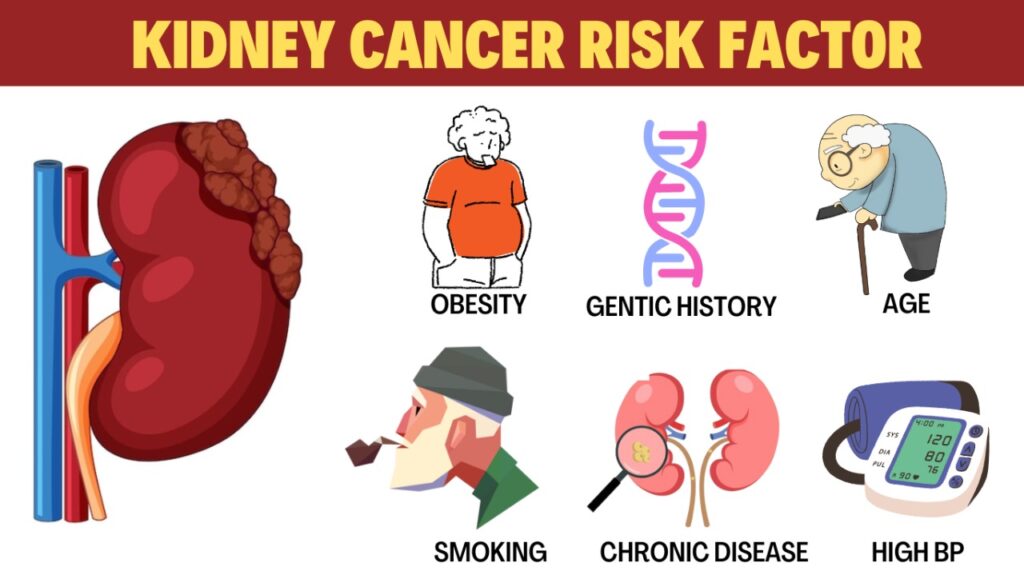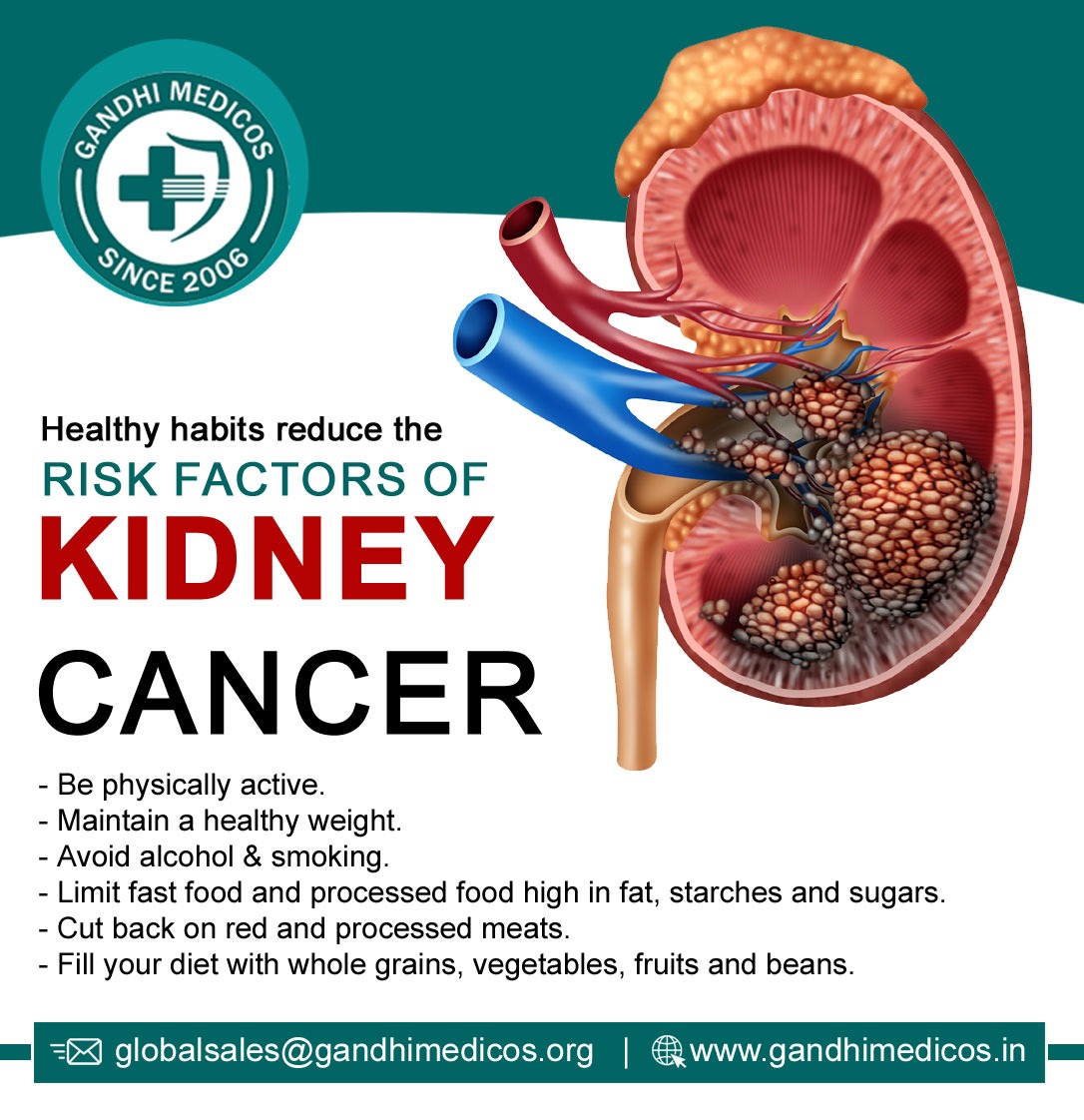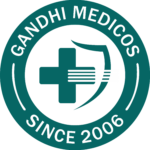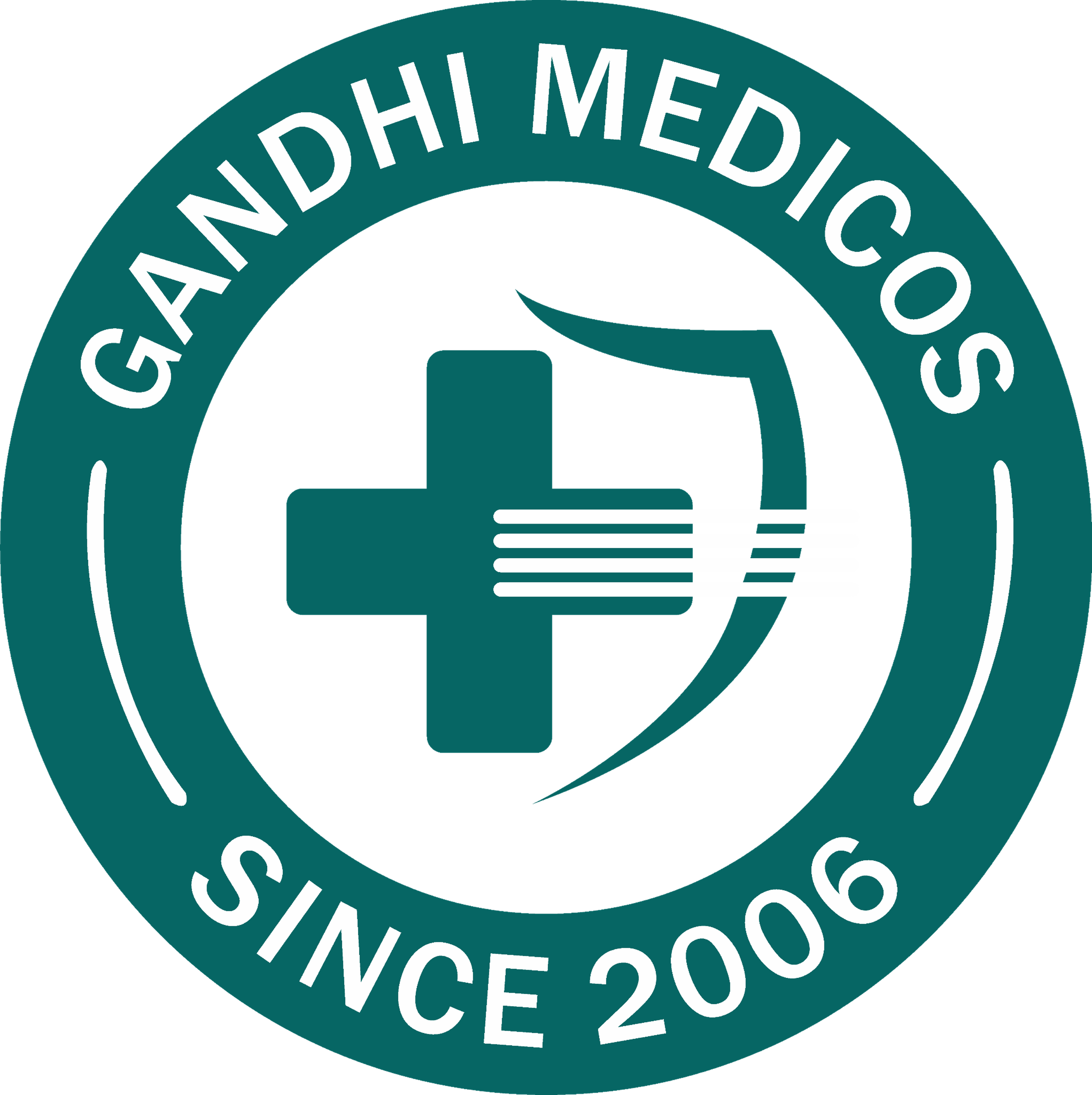Epidemiology and Risk Factors for Kidney Cancer
Tunib 50mg
The common risk factors for kidney cancer are body size, history of hypertension, chronic kidney disease, and tobacco smoking. Molecular epidemiology, tumor genomics, and metabolism are new research areas that will play an important role in knowing the underlying cause that leads to kidney cancer. Much progress has been seen in kidney cancer treatment and medications like Tunib 50mg Capsule, enabling people to live longer lives and permanently get rid of kidney cancer.
What are the risk factors for kidney cancer?
Risk factors are something that can increase one’s chance of developing cancer. Even though risk factors can lead to cancer development, they do not cause cancer directly. There have been cases where people did not develop cancer even after living with different risk factors, while some having no risk factors have developed cancer. Knowing about all the risk factors and consulting with your doctor will help you to make informed healthcare and lifestyle choices. Following are the factors which may increase your risk of developing kidney cancer.
- Smoking
Smoking tobacco tends to double the risk of kidney cancer development. Smoking has led to approximately 30% of kidney cancer cases in men, while in women, the statistics are around 25%.
- Gender
When it comes to gender, women are two or three times more likely to develop kidney cancer compared to women.
- Race
High kidney cancer development rates are more for black people.
- Age
People between the ages of 50 and 70 are at more risk of developing kidney cancer than others. Kidney cancer typically occurs more in adults than in the young generation.
- High blood pressure
 Hypertension or high blood pressure in men is likely to develop the risk of kidney cancer.
Hypertension or high blood pressure in men is likely to develop the risk of kidney cancer.
- Obesity
People who are suffering from obesity are at high risk of developing kidney cancer compared to the ones who maintain a healthy lifestyle and healthy weight. Research has found a direct link between obesity and kidney cancer.
- Specific inherited syndromes
Some people born with specific inherited syndromes have a high chance of developing kidney cancer, such as tuberculosis sclerosis complex, familial renal cancer, Hippel-Lindau disease, hereditary papillary renal cell carcinoma, etc.
- Family history
The risk of developing kidney cancer is higher if your close family members have had kidney cancer previously.
What causes kidney cancer?
Even though these risk factors may lead to kidney cancer development, there are no clear or specific causes known that lead to kidney cancer in one’s body. Doctors suggest kidney cancer may develop when certain cells in your kidneys start developing mutations or DNA changes. A cell’s DNA comprises instructions that tell the cell what has to be done. Changes or mutations will make the cells grow as well as divide rapidly. When abnormal cells accumulate, they form a tumor that spreads to other regions and metastasizes to other parts of the body.
Treatment
 One of the most common treatment methods for kidney cancer is surgery, where the damaged part of the kidney is removed. The right treatment method will depend on the stage of cancer and other factors such as health, age, etc. Kidney cancer for stages one, two, and three can be cured with surgery. Other treatment methods include thermal ablation, active surveillance, radiation, and chemotherapy. People who have advanced kidney cancer will be recommended for drugs and surgery. Certain medications, such as Tunib 50mg (Sunitinib malate capsules), help prevent kidney cancer from spreading to other parts of the body. Targeted therapies inhibit the growth and development of cancer directly.
One of the most common treatment methods for kidney cancer is surgery, where the damaged part of the kidney is removed. The right treatment method will depend on the stage of cancer and other factors such as health, age, etc. Kidney cancer for stages one, two, and three can be cured with surgery. Other treatment methods include thermal ablation, active surveillance, radiation, and chemotherapy. People who have advanced kidney cancer will be recommended for drugs and surgery. Certain medications, such as Tunib 50mg (Sunitinib malate capsules), help prevent kidney cancer from spreading to other parts of the body. Targeted therapies inhibit the growth and development of cancer directly.




 :
:  +91 – 9999064250 | 9811604444 | 9811604424
+91 – 9999064250 | 9811604444 | 9811604424


